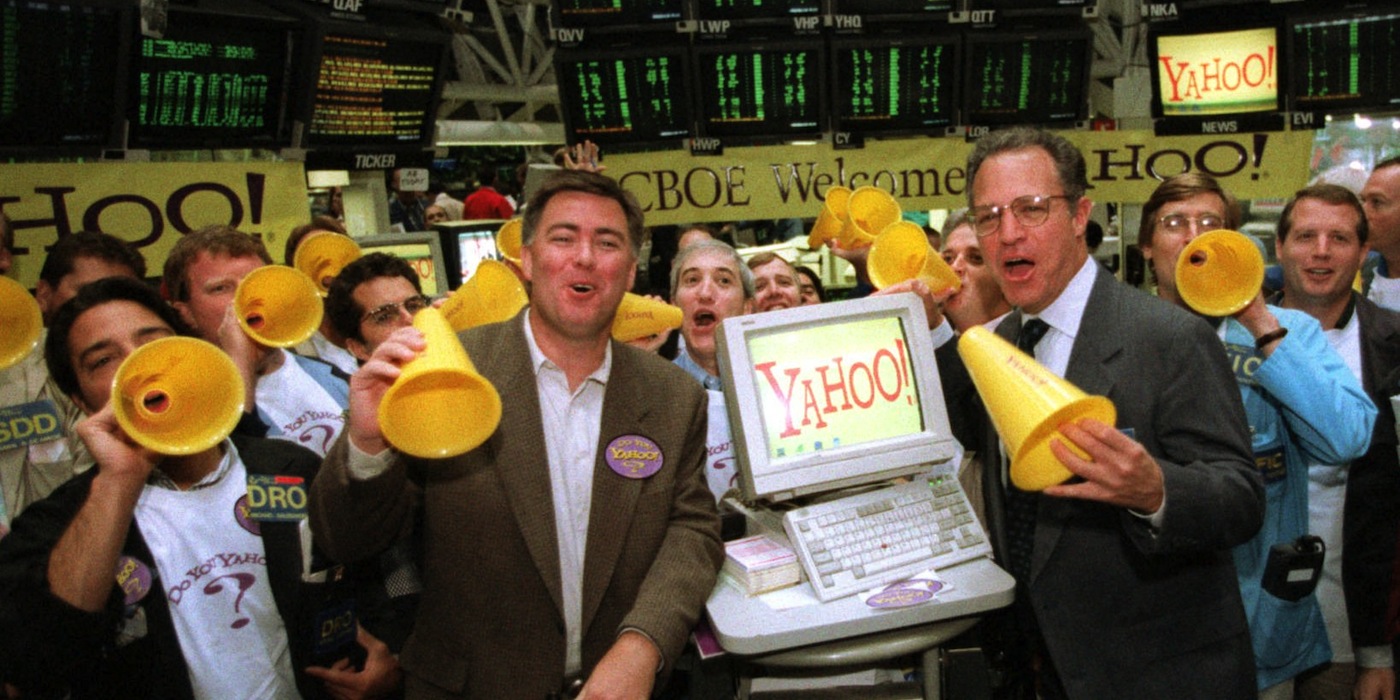The excellent New York Times “Personal Tech” columnist Farhad Manjoo decided to wire his living and dining rooms with (almost) 24/7 surveillance to capture special family moments and every other moment, and somehow his wife didn’t defenestrate him as if he were a Russian businessman who’d thought bad thoughts about Vladimir Putin or Comrade Trump.
The technology enabled him to accurately record beautiful scenes of life which would have otherwise become imperfect memories or perhaps been completely forgotten in time. The behavior is extreme and odd, at least for a little while longer.
It wasn’t 20 years ago that Silicon Valley sadist Josh Harris created a Warholian police state when he ushered 100 volunteers into a Manhattan surveillance bunker full of free food and firearms for his extreme art project “We Live in Public.” Every formerly private moment was captured on film, until the NYPD shut down an increasingly ugly scene.
The decadent and abusive nature of the undertaking, a cross between the Truman Show and the Stanford Prison Experiment, marked it as outré and unacceptable, but that doesn’t mean nonstop surveillance is to be rejected if the practices are more mundane, even painted as something of a friendly, value-added service.
In a recent TechCrunch piece, it was reported the Wynn Las Vegas hotel was “adding an Amazon Echo to every one of its 4,748 rooms,” meaning that a “built-in surveillance device [will] potentially listen in on all [visitor] conversations.” Ostensibly done to help anticipate customers’ every desire–and sell them products to satisfy those cravings–the creation of such material can obviously be repurposed for unsavory means, sold or stolen.
When Louis Daguerre, in 1839, first mastered his method of photography, it’s likely that along with sense of wonder people felt a sense of dread. Would this new tool change the nature of our memory, change the nature of us? His invention actually enhanced life and perhaps those in our time will as well, but anything without an OFF switch–and that’s where we’re headed–should be approached with caution.
From Manjoo:
Question:
What new tech product are you currently obsessed with using at home? What do you and your family do with it?
Farhad Manjoo:
This is going to sound weird, but I’m a strange person. I have two kids, ages 6 and 4, and for the last few years I’ve been mourning their loss of childhood. Every day they get a little bit older, and even though my wife and I take lots of photos and videos of them, I can’t shake the feeling that we’re losing most of the moments of their lives.
So last summer, after some intense lobbying of my wife, I did something radical: I installed several cameras in my living room and dining room to record everything we did at home for posterity. In other words, I created a reality show in my house.
In practice, it works like this: The cameras are motion-activated and connected to servers in the cloud. Like security cameras in a convenience store, they are set to record on a constant loop — every video clip is saved for a few days, after which it’s automatically deleted, unless I flag it for long-term keeping.
Yes, this system sets up a minefield of potential problems. We turn off the cameras when we have guests (it’s unethical and, depending on where you live, possibly even illegal to record people without their consent) and we don’t spy on each other. There are also security concerns. I’m not going to disclose the brand of the cameras I used because I don’t want to get hacked. The safety of internet-of-things devices is generally not airtight.
And yet I’ve found these cameras to be just wonderful at capturing the odd, beautiful, surprising, charming moments of life that we would never have been able to capture otherwise. Every time the kids say something hilarious or sweet, or do something for the first time, I make a note of the time and date. Later on, I can go and download that exact clip, to keep forever. I’ve already got amazing videos of weeknight dinners, of my wife and I watching the news on election night, of my son learning to play Super Mario Brothers, and my kids having a dance party to their favorite music.
When I’m 80 and the robots have taken over, I’ll look back on these and remember that life was good, once.•



